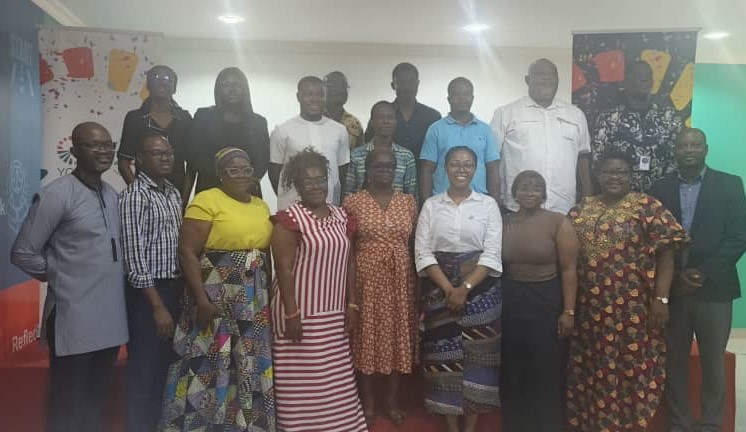
The Ghana Chapter of the Youth Employment and Skills Chapter of the Pan African Coalition for Transformation (YES-PACT), hosted by Youth Opportunity and Transformation in Africa (YOTA), is set to hold its flagship Knowledge Café, a high-level convening aimed at fostering dialogue between key stakeholders in youth development.
The event, organised under the broader umbrella of the Africa Center for Economic Transformation (ACET), will bring together representatives from the Ministry of Education, the Ministry of Employment, and key Development Partners to engage in focused discussions on policy relevance and impact.
Central to the discussions will be Ghana’s Guidance and Counseling Policy and the ICT in Education Policy, both of which play a critical role in shaping the country’s educational and employment landscape for young people. Stakeholders will examine how these policies are formulated and implemented, and how they can be refined to better meet the evolving needs of Ghana’s youth.
Operating across six African countries, YES-PACT works to enhance the coordination and effectiveness of youth employment and skills development initiatives. The Knowledge Café is one of the Ghana chapter’s strategic engagements designed to ensure that youth voices and national development priorities are well-aligned in the policy-making process.
“This platform is not just about dialogue; it’s about building consensus and practical pathways that ensure policies deliver real results for young people,” organisers stated.
The Knowledge Café underscores YES-PACT’s ongoing commitment to promoting collaborative, evidence-based policy development and implementation across Africa.
Speaking in an interfview, Mr. Eric Saforo-Team Lead for YES-PACT, Ghana Chapter noted that the YES-PACT initiative has the crucial role of young people and multi-stakeholder collaboration in shaping Ghana’s ICT in Education Policy.
Speaking at a Knowledge Café event organized under the Pan African Coalition for Transformation, Saforo outlined how the program—led by the African Center for Economic Transformation (ACET)—is working with governments and ministries to shape and implement meaningful youth employment and skills policies.
YES-PACT, the youth employment and skills chapter of the broader ACET initiative, is currently being implemented in six African countries, including Ghana.
In Ghana, the project is coordinated by an institution that guides its three-year mandate to support policy development in close partnership with government stakeholders.
“Our approach is not to pressure government, but to partner with them to assess policy needs and help mobilize technical and financial support to strengthen implementation,” Saforo explained.
One of the standout initiatives under YES-PACT is the Knowledge Café, a platform designed to engage young people and stakeholders in producing “knowledge products” such as newsletters and policy briefs.
At this session, the Young Diplomats of Ghana presented two policy briefs—one focused on youth employment and the other on ICT in education.
The event featured presentations from the Ministry of Education, which shared the road map for the ICT in Education Policy, alongside contributions from the Sector Skills Bodies (SSBs).
The SSBs serve as a crucial link between academia and industry, offering insights to ensure that educational curricula are aligned with market demands.
Saforo noted that the policy dialogue reflected how inclusive conversations can sharpen policy outcomes: “Young people asked very specific questions about how this ICT policy would benefit their programs and communities. That’s exactly the type of engagement we need.”
He stressed that involving sector skills bodies in the policy-making process ensures that the final policies are not just theoretical but grounded in the real needs of the job market. “This way, when students graduate, they’re equipped with the skills the industry actually needs,” he said.
The event concluded with a renewed call for inclusive participation, particularly from the youth, in policy shaping and monitoring, as Ghana continues efforts to reform and modernize its educational system through ICT.

